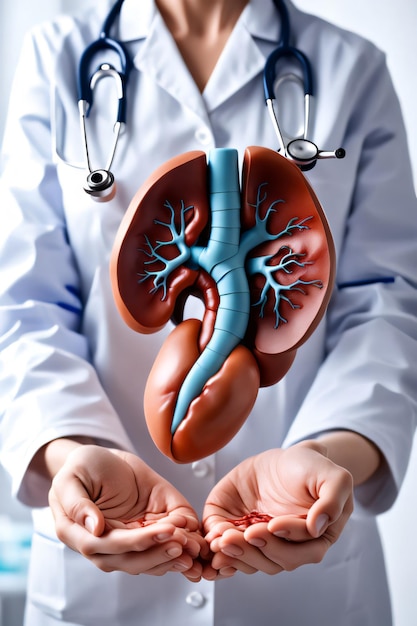
Imagine having to rely on dialysis, a critical treatment when kidneys fail. This difficult reality affects many people, regardless of their age or lifestyle. Dialysis is lifesaving but comes with its own set of physical and emotional challenges.
However, it’s often possible to avoid such extremes. Keeping your kidneys healthy is more than just steering clear of dialysis. It’s about taking proactive steps now to protect these vital organs. You have the power to influence your kidney health, so let’s look at how you can protect them through early care and prevention.
Dialysis becomes necessary when kidneys fail badly and can no longer filter waste from the blood. It’s usually needed because of conditions like diabetes or high blood pressure. While dialysis isn’t a cure, it helps maintain balance in your body and prolongs life.
There are two main types of dialysis: hemodialysis and peritoneal dialysis. Adjusting to either type means sticking to a regular treatment schedule and making dietary changes. You’ll also need to manage side effects like fatigue and muscle cramps. Emotional support from healthcare teams and family is crucial.
Chronic Kidney Disease (CKD) is a gradual loss of kidney function that often goes unnoticed at first. Early signs include tiredness, changes in urination, swelling in the legs or ankles, persistent itching, and shortness of breath.
Recognizing these symptoms early is essential for timely intervention. CKD can progress to end-stage renal disease if not managed properly. Diagnosis usually involves blood and urine tests to check kidney function and detect abnormalities. Key risk factors include diabetes, high blood pressure, obesity, older age, and a family history of kidney issues.
Regular health check-ups are important, especially for those with these risk factors. Early detection and management can significantly slow the progression of the disease, reducing the need for more invasive treatments later on.
Your kidneys are vital to your overall health, so taking steps to protect them is crucial. By adopting healthy lifestyle and dietary habits, you can significantly boost your kidney function and health.
In summary, keeping your kidneys healthy is essential for your overall well-being. Simple, everyday actions and informed choices are key. By adopting a kidney-friendly lifestyle and seeking advice from healthcare professionals, you can avoid potential health complications and enhance your quality of life.
Taking care of your kidneys is a significant form of self-care. Each positive change you make contributes to your long-term health. By consistently focusing on your well-being and maintaining awareness of your health, you’re laying the groundwork for a healthier future.